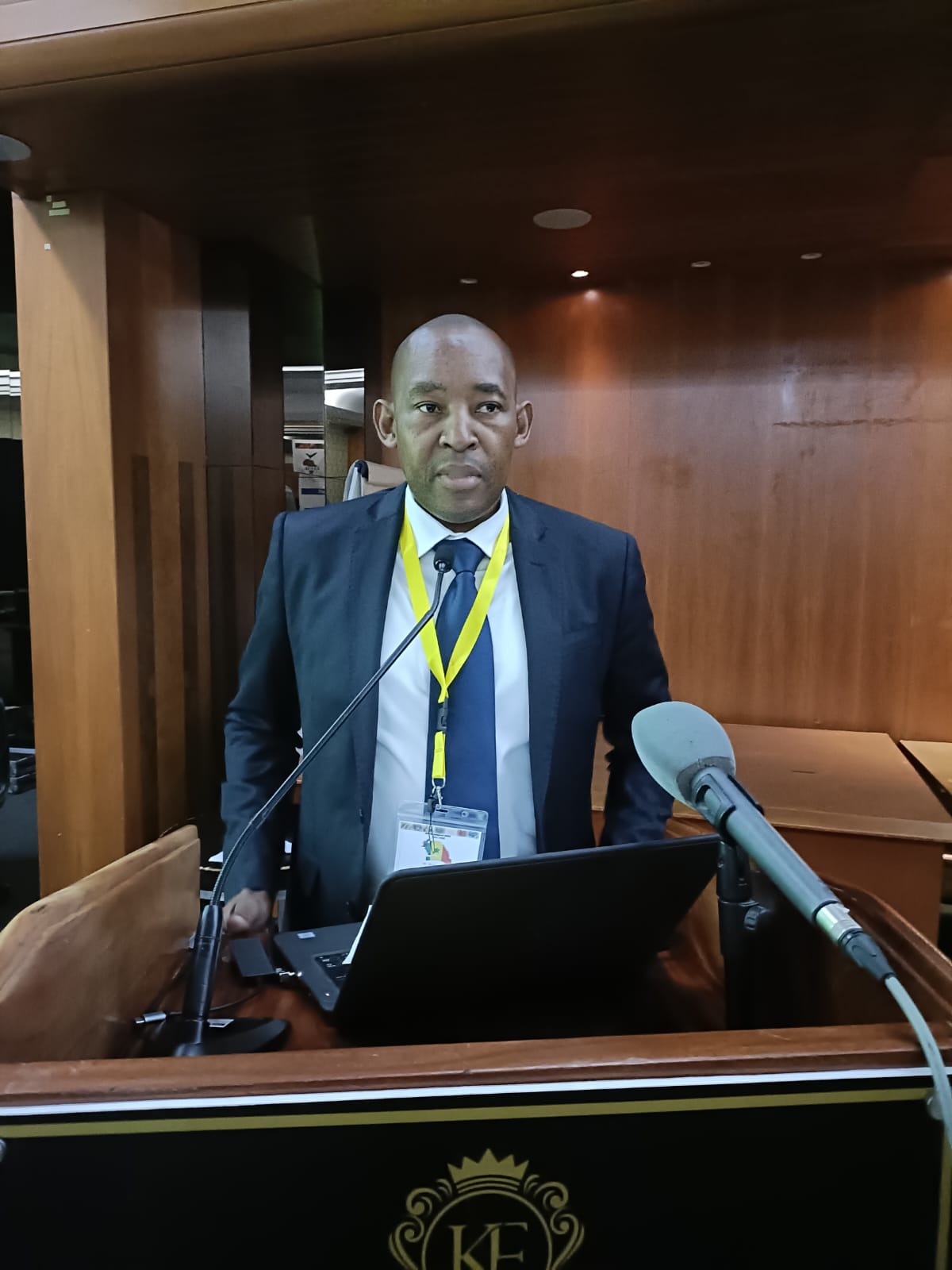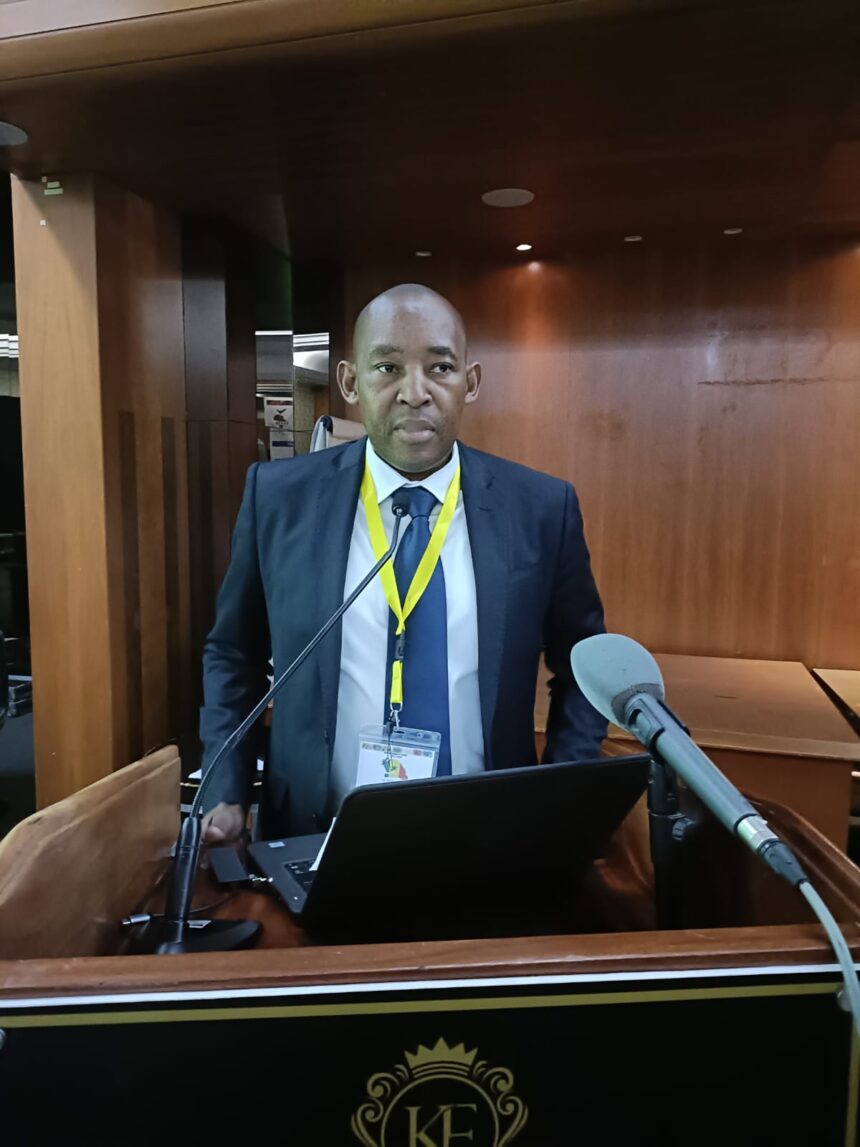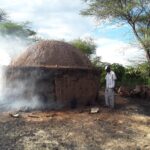
By Liapeng Raliengoane I raliengoaneliapeng@gmail.com
DAKAR, SENEGAL – The African seed sector need to focus its attention on technologies that can help it fight hunger and climate change, a leading seed expert has said.
While addressing the 23rd African Seed Trade Association (AFSTA) held in Dakar, from March 6-8, 2023 and attended by over 25 African countries, Dr. Kulani Machaba, the President of Association noted that genome editing and biotechnology ought to be given a chance by leaders.
He noted that the technologies are by and large being discussed and are already contributing to food security in the continent because scientists have proved that they are indeed technologies that can contribute immensely in food security in Africa.
“Such conversations now form large parts of our discussions at the annual congress that continues to grow year after year because the seed people, ably use it as a forum to sow and grow relationships and discuss innovations that work,” he noted.
“The Congress comes at a time when genome editing is by and large being discussed as a possible technology that can contribute immensely in food security in Africa. AFSTA continues to believe that a highly developed seed sector is key to the economic development prosperity of African nations for which agriculture must be practised using modern technologies and smart,” he added.
Dr. Machaba highlighted that for this reason, AFSTA has made continuous efforts to improve the environment for the seed business through its five-year Strategic Plan with a view to meaningfully contribute to the promotion of the transformation of agriculture into an attractive, modern and sustainable livelihood option for communities throughout the Continent.
In his presentation, on the Status of food security and the seed trade in Africa, Dr. Machaba indicated that 60% of the world’s arable land is in Africa, and about 200 m ha is unutilized (Oxford Business Group, 2019), Crop production will increase by 30% from 2018 to 2027 (OECD-FAO, 2018). That IHIS Market forecasts (2021) show that the vegetable seed markets will grow from 55% in 2020 to $267 MM in 2030.
The Congress, being a gathering of top seed traders and producers traditionally cover a wide spectrum of issues in the seed value chain.
The Congress addressed regional and international seed issues that have scientific and technological implications on seed production and trade including biotechnology, plant breeding innovation, seed treatment, phytosanitary measures, strengthening vegetables production through quality seed trade in Africa and update on technologies for African agricultural transformation.
Protection of seed varieties and fight against “fake” seeds, Soil and root health, Sustainable development – The example of the creation of the plastic recycling sector in Zambia and status of the regional seed harmonisation regulations are among issues that were discussed at the congress. Others were Role of Centre of Excellence of Seed Systems in Africa (CESSA) in the development of the Seed Sector in Africa, Status and implementation of the e-Phyto solution in Africa; and Challenges and opportunities, Update on the statistics on the formal seed sector in Africa.
AFSTA is a not-for-profit membership association which champions the interests of private seed companies in Africa. It is registered in Kenya as an International Organization. The association was started in 2000 in Pretoria, South Africa and it meets annually around the first week of March. It has 120 members of which 27 are African national seed trade associations.
With nearly 300 delegates representing the global seed sector, the Congress which ended with a high note last week after its General Assembly and the delegates came from 60 countries from all over the world.









